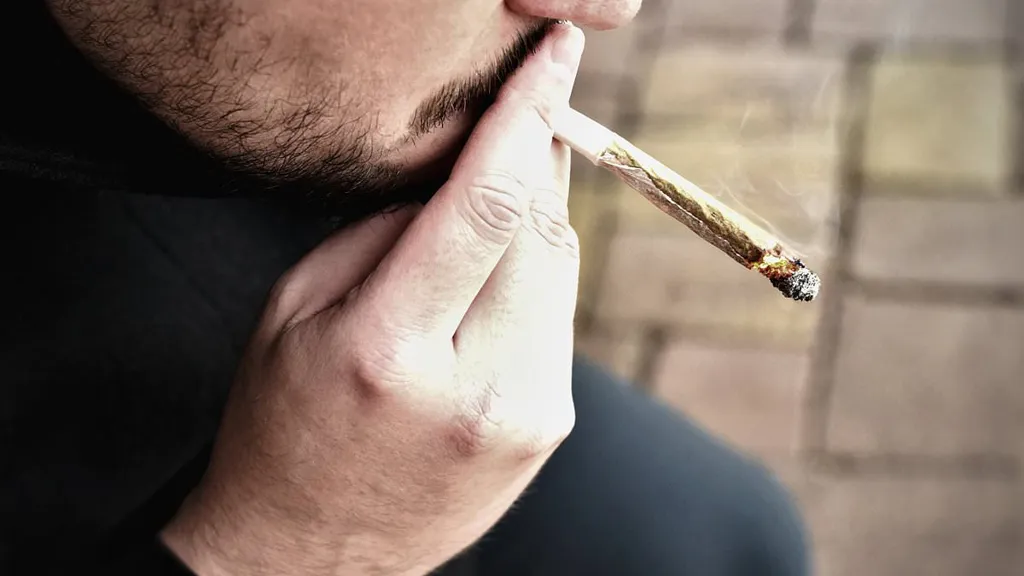Drugs now kill three times as many people each year as die in road accidents. Last year, 5,448 people in England and Wales lost their lives after taking illegal substances such as cocaine and heroin. A further 1,172 died for similar reasons in Scotland.
And these numbers are rising. They also do not include criminal violence which may have been caused by drug abuse, or the growing problem of drug driving. Drug abuse is not a 'victimless crime'.
"A new report from the Centre for Social Justice (CSJ) says that over 300,000 people in England are addicted to heroin and crack cocaine."
Collectively, they account for nearly half of all burglaries, robberies and other acquisitive crimes. This is a significant change for the worse in our national life, yet it receives surprisingly little high-level attention.
Governments seem clueless as to what to do about it. Ministers of both major parties appear tough by insisting that they have no plans to formally legalise or decriminalise drugs.
"But what does this mean in practice?"
Campaigners for legalisation have long claimed that abolishing criminal penalties and treating drug abuse as a medical rather than a criminal matter would be the best response.
"They tend to give the impression that users of illegal drugs face a ferocious regime of arrest, prosecution and punishment."
If this is true, it's hard to find any statistics to substantiate it. As it happens, few people now go to prison for simple possession of illegal drugs.
The laws we have against drug possession appear tough but are rarely imposed. Much energy and public money is already devoted to drug substitution programmes like methadone prescription and rehabilitation forms.
"Possession of cannabis is frequently disposed of through unrecorded warnings."
Treatment vs Deterrence
Treatment for drug addiction has its place but should we consider deterring people from using drugs initially?
"In its report, the CSJ reveals that two-thirds of police officers believe cannabis is fully or partially decriminalised."
The International Perspective
- Canada: Despite cannabis legalisation, up to 52% of the market remains with illegal gangs.
- USA: States with legalisation paths see voters turning against them; Florida recently voted against it.
- Portugal: The much-touted depenalisation experiment has gone sour.
Sophia Worringer says: "Pretending liberalisation is the answer is plainly wrong. Everywhere you look, it has not stamped out the illegal drug market or acted as a silver bullet to reduce drug deaths or drug use."But is it also time for us to consider a radical old idea - deterring people from using drugs in the first place?
